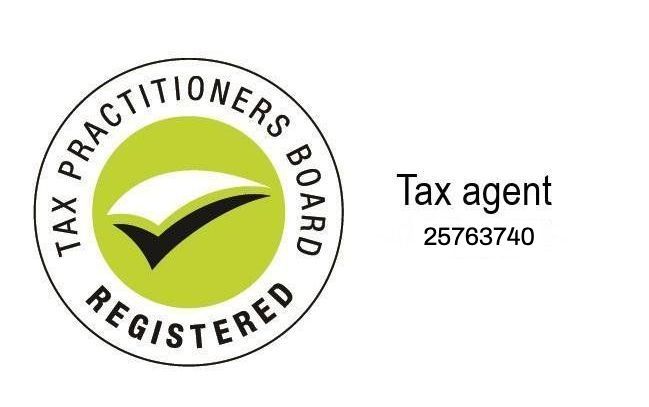The ATO Has Stepped Up Its Compliance Game: Here’s What Business Owners Need to Know
The ATO Has Stepped Up Its Compliance Game: Here’s What Business Owners Need to Know
There’s been a noticeable shift in how the ATO is approaching business compliance and it’s catching a lot of people off guard.
This year, we’ve seen the ATO become far more aggressive with reviews, audits, and penalties. Businesses are receiving formal review letters over minor compliance issues, and penalties are being issued without the kind of warnings we’ve seen in the past.
It’s no longer just about whether you’ve paid your tax bill. Now, it’s about whether your lodgements are on time, your reporting aligns, and your systems are up to scratch. Even small administrative slip-ups that once might have gone unnoticed are now triggering letters, penalties, and in some cases, audits.

What’s changed?
The ATO has significantly increased its compliance efforts, backed by more funding, advanced data-matching tools, and greater public pressure to recover revenue. They’re reviewing business activity statements, tax returns, and superannuation data in real time and acting fast when something doesn’t line up.
And it’s not limited to major offences. We’re seeing enforcement across issues that previously might have been considered low-risk:
- Late BAS or income tax lodgements even where no tax is payable
- Rental property deductions that fall outside of expected benchmarks
- Fringe Benefits Tax (FBT)
omissions or incorrect valuations
- Mismatches between BAS and annual tax returns
- Single Touch Payroll (STP) non-compliance, even if wages are paid correctly
- Superannuation guarantee delays, particularly if not reported through STP
One example? In the last financial year, over 26,000 Director Penalty Notices were issued, holding directors personally responsible for $4.4 billion in tax debts. That includes PAYG withholding, GST, and unpaid super. And in some cases, these notices were issued to businesses that had only been operating a few months.
The message is clear: the ATO is focused on process, not just payment.
What does this mean for you?
In short: even if your business is doing well, you can’t afford to assume everything is fine behind the scenes. A missed deadline, outdated process, or small oversight could result in penalties — not because you’ve done something deliberately wrong, but because the ATO’s threshold for error has changed.
Many business owners have been caught off guard, especially those relying on old systems or assuming that “no news is good news.” The reality now is that non-compliance, even on a technicality, can be costly.
What should you do?
If it’s been a while since you reviewed your business structure, tax reporting, or payroll setup, now is the time to take stock. Here’s where we recommend starting:
- Audit your compliance systems: Make sure your lodgements are up to date and your reporting is consistent across BAS, STP, and income tax returns.
- Confirm STP is being lodged correctly and on time: Don’t assume your payroll software is doing this automatically. Regular checks can prevent silent errors.
- Review FBT and super obligations: Are you providing any non-cash benefits to staff? Are super payments processed on time and matched to wages?
- Check your documentation: Good recordkeeping isn’t just a nice-to-have, it’s your defence if the ATO asks questions.
- Talk to your accountant proactively: Don’t wait until tax time or until something goes wrong. The best time to get advice is before the ATO gets in touch.
How we can help
At THN & Samios Partners, we work with business owners who want to stay on top of their obligations, not just to avoid penalties, but to run smoother, more profitable operations.
We know the ATO’s current approach can feel intimidating, especially when you’re juggling the day-to-day demands of running a business. Our job is to simplify it for you, make sure everything’s running as it should be, and keep the ATO off your back.
If you’re unsure whether you’re meeting today’s compliance standards or just want a fresh set of eyes on your setup, get in touch. Because in this environment, being proactive isn’t just helpful. It’s essential.












